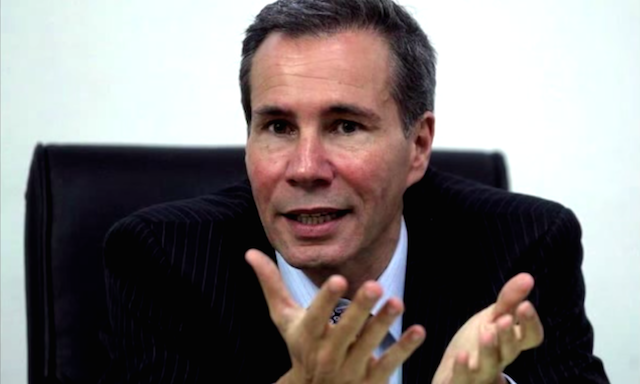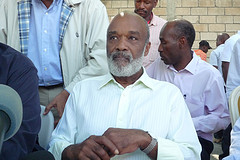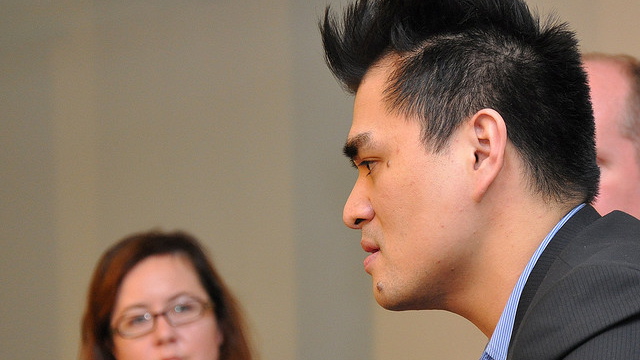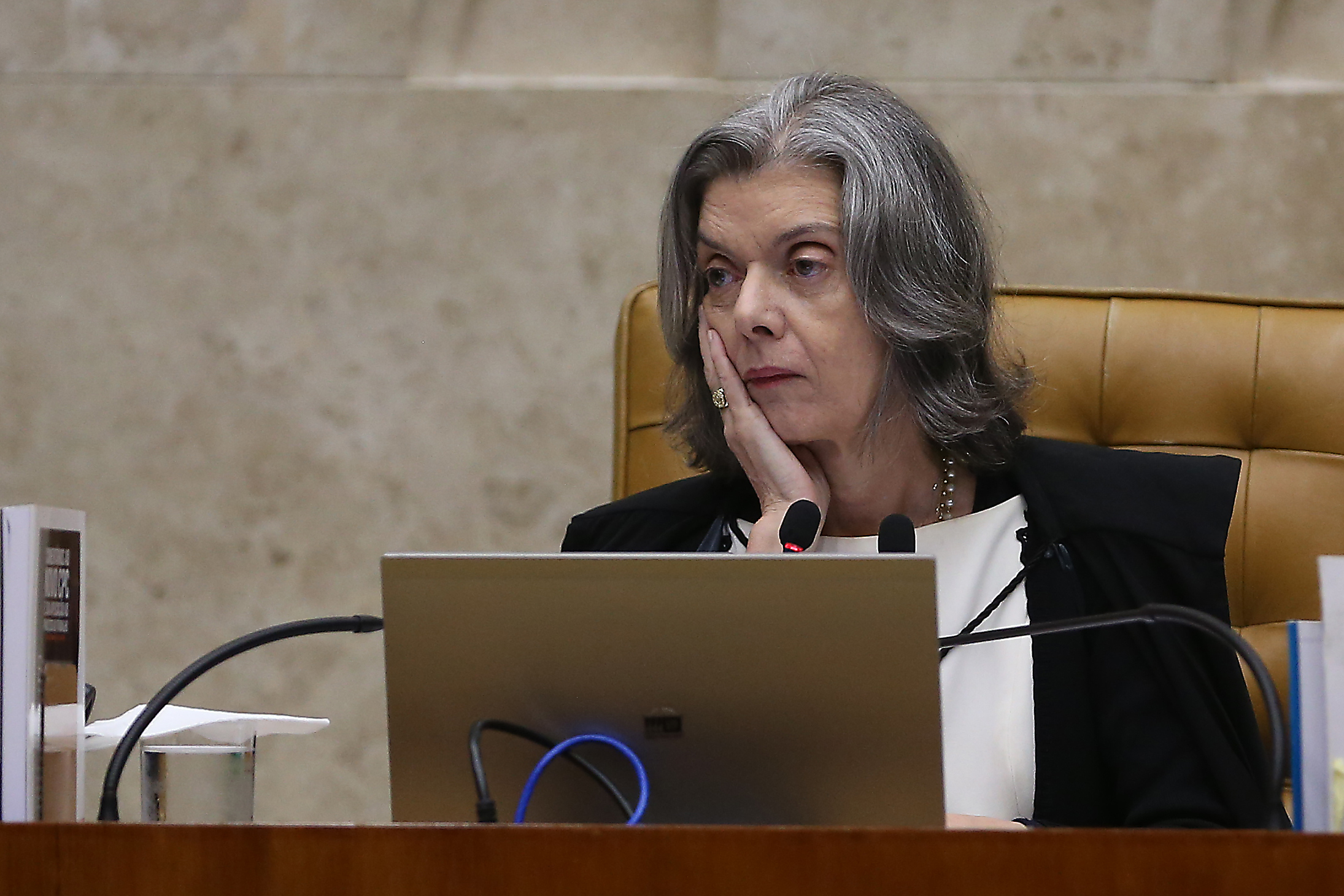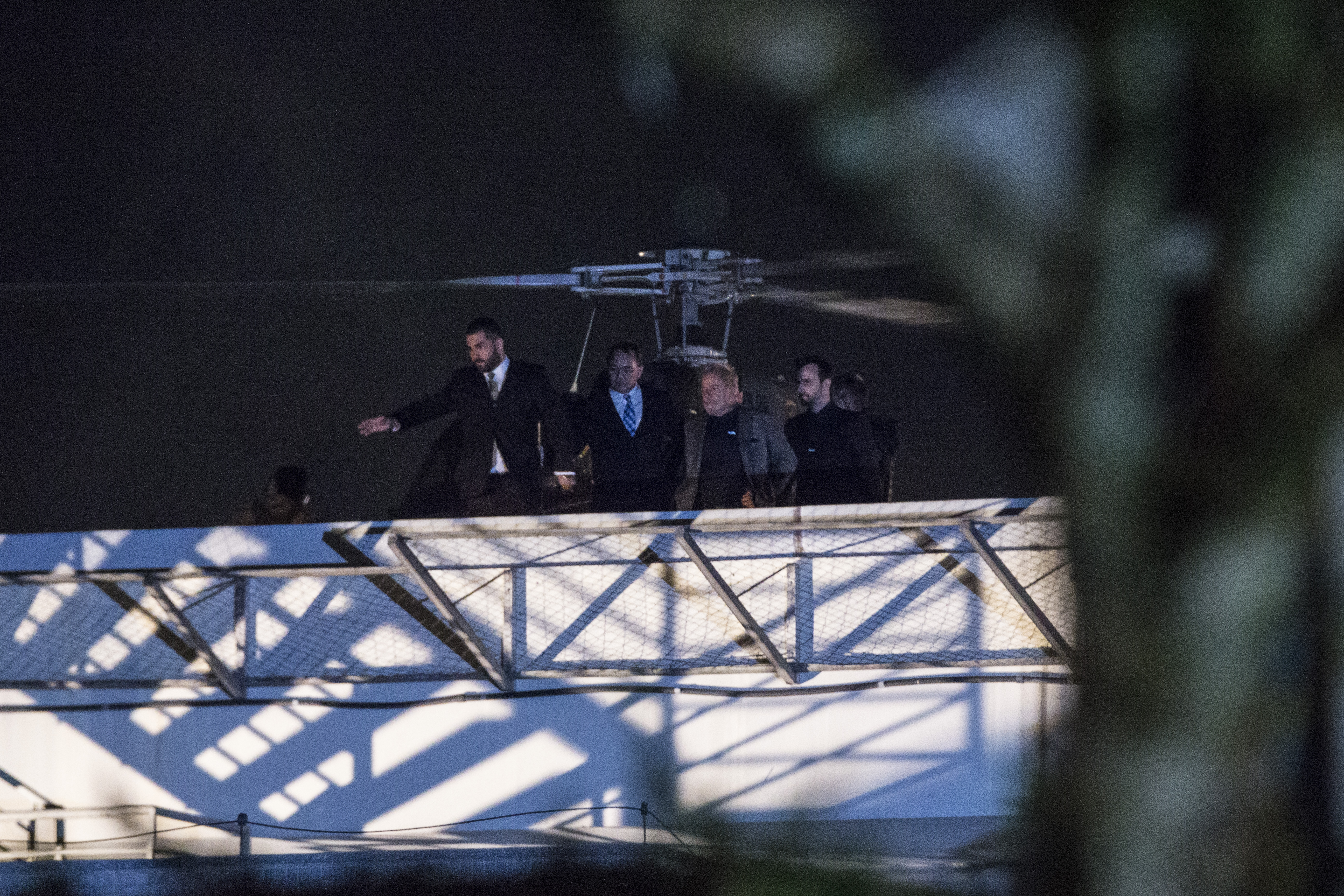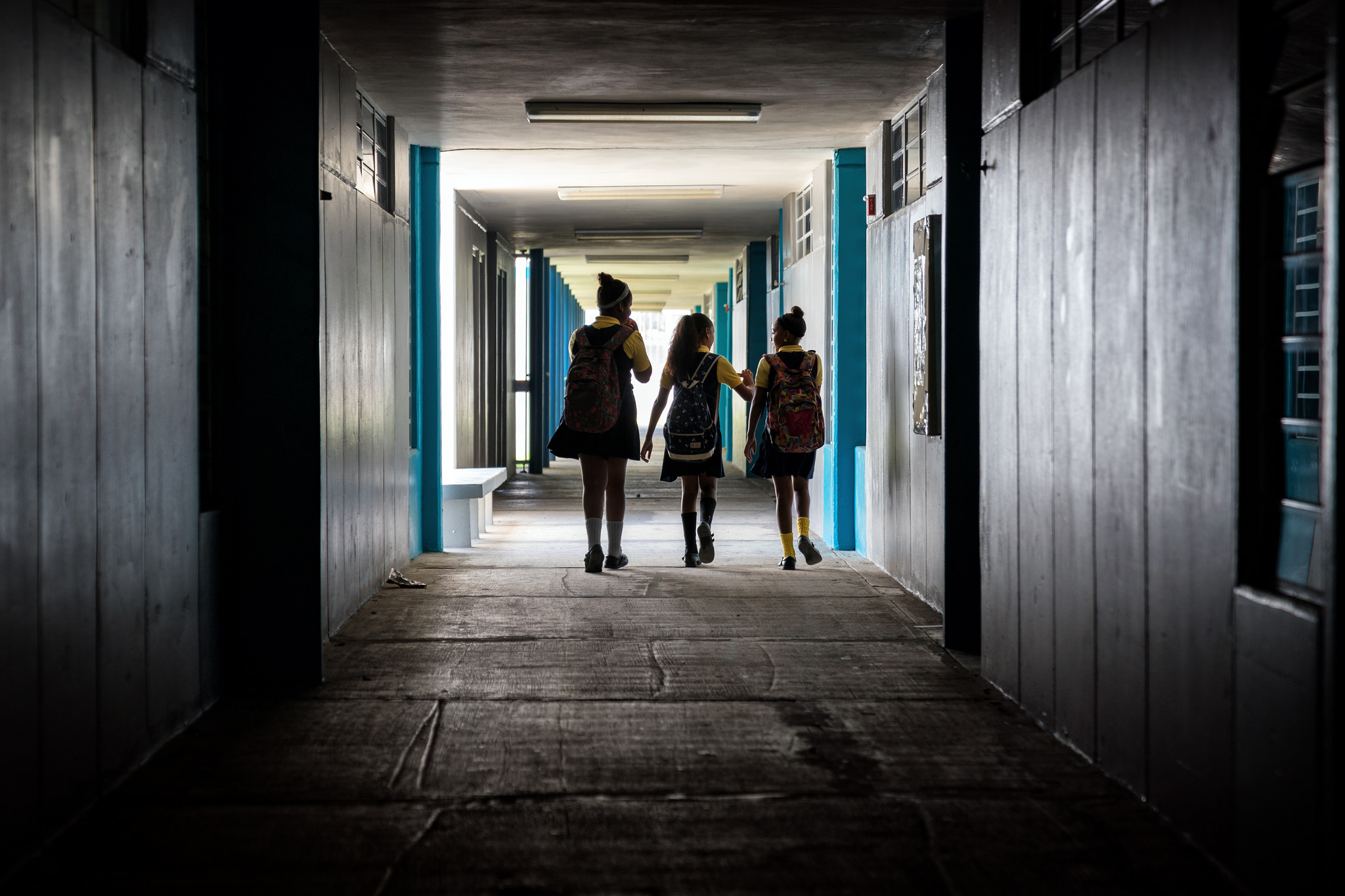
Caribbean, Latin America: Week in Review, North America, Puerto Rico, United States
Puerto Rico to close nearly 300 schools after major enrollment drop
April 6, 2018 By Staff
TODAY IN LATIN AMERICA
PUERTO RICO—The Puerto Rican government announced yesterday it will shut down a quarter of its schools this summer, following a steep economic recession and the exodus of thousands of families in the aftermath of Hurricane Maria.
The U.S. territory’s education department said the closure of 283 public schools would lead to about $150 million in savings, but it also assured that teachers and other employees would be reassigned or even retrained to work in different positions so no one is laid off. The decision comes after an enrollment drop of nearly 38,000 students since last May and just days after the government announced a controversial plan to launch charter schools.
More than 100,000 Puerto Ricans—who are U.S. citizens and don’t need visas to enter the mainland—have moved to the states since Hurricane Maria left much of the U.S. territory without power or running water for months. Experts say this is the greatest migration from Puerto Rico in history.
HEADLINES FROM THE WESTERN HEMISPHERE
NORTH AMERICA
MEXICO—In a rare show of bipartisanship, Mexico’s presidential candidates joined President Enrique Peña Nieto yesterday in denouncing U.S. President Donald Trump’s decision to send as many as 4,000 National Guard troops to secure the U.S.-Mexico border. Frontrunner Andrés Manuel López Obrador said he would not accept the militarization of the border. Peña Nieto, who questioned whether the decision came out of Trump’s own frustrations with U.S. domestic affairs, suggested Trump “deal with them, not with us Mexicans.”
MEXICO—Pregnant women, college students and a community leaders are among multiple victims of an intense series of killings that has hit different regions of Mexico in the past few days. In Cancún, for instance, eight people died in two armed attacks on Wednesday. Last week the bodies of three pregnant women, two of whom reportedly had their babies cut out of their bodies, were found in Tamaulipas, Veracruz and Tabasco. The number of murders in Mexico hit a 20-year high in 2017 and the recent cases indicate the frequency of killings has continued into 2018.
CARIBBEAN
PUERTO RICO—Proposed changes to an essential communications program would cut off vulnerable Puerto Ricans who are still recovering from hurricanes Maria and Irma. The U.S. Federal Communications Commission plans to cut back Lifeline, a federal service that subsidizes phone and internet access for 12 million low-income people, by about 70 percent. Authorities say the decision would help rural telephone companies strengthen their networks, but experts say the changes could translate into a “death sentence” for many in Puerto Rico, where about 17 percent of the population use the program to communicate in times of disaster.
CENTRAL AMERICA
GUATEMALA—The nine Guatemalan businessmen sentenced Wednesday for bribing former Infrastructure Minister Alejandro Sinibaldi have been ordered to repair and build at least six roads and a school, according to the International Commission against Impunity in Guatemala. A judge ordered the defendants to pay a fine of $67,500 each after finding they were illegally obtaining public contracts.
ANDES
VENEZUELA AND PANAMA—Yesterday, Venezuela put a 90-day-ban on Panamanian President Juan Carlos Varela, 22 other officials and 46 companies arguing Panama’s financial system has been used to commit acts of corruption in Venezuela. This decision was clearly a response to Panama’s inclusion last week of Venezuelan President Nicolás Maduro and 50 other Venezuelan nationals in a list of “high risk” for money laundering. Venezuela’s ban includes a suspension of Copa flights, one of the few providers of international flights still operating in the country. Panama then recalled its ambassador to Venezuela and asked Venezuela to do the same, which it did before the end of the day.
SOUTHERN CONE
BRAZIL—Former President Luiz Inácio Lula da Silva was given 24 hours last night to turn himself in to police after Brazil’s highest court ruled he can be jailed while he appeals a 12-year sentence on corruption charges. Although he’s a frontrunner in the upcoming presidential election, the ruling will likely end his chances of returning to power.
ARGENTINA—Argentina’s Defense Minister inadvertently enraged Argentines this week by referring to the controversial set of islands near Argentina’s coast as the Falklands, their British name. The ownership of the British territory has long been contested by Argentina, which refers to them as the Malvinas. The minister, Oscar Aguad, was speaking about a submarine that disappeared near the islands late last year.
